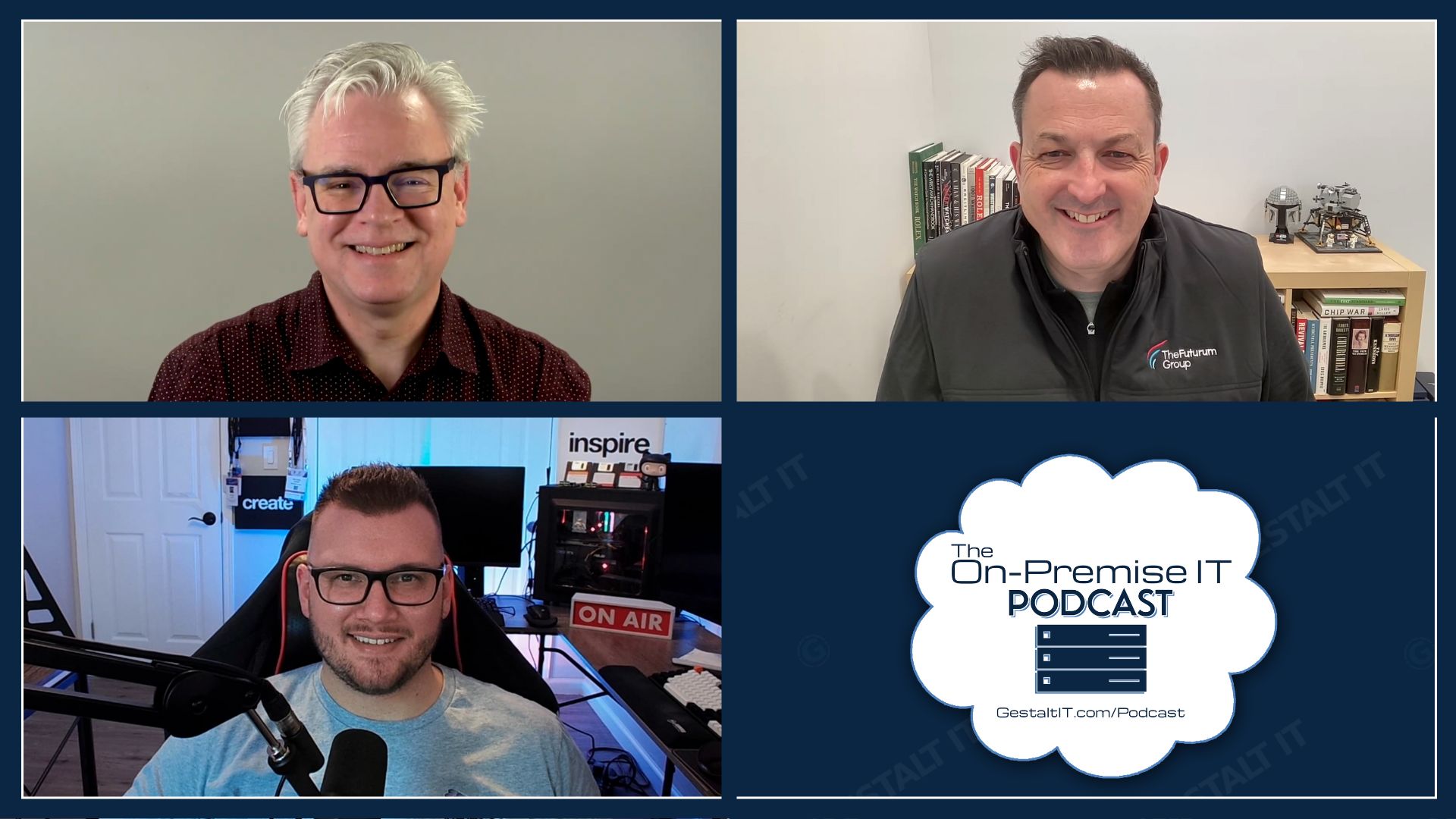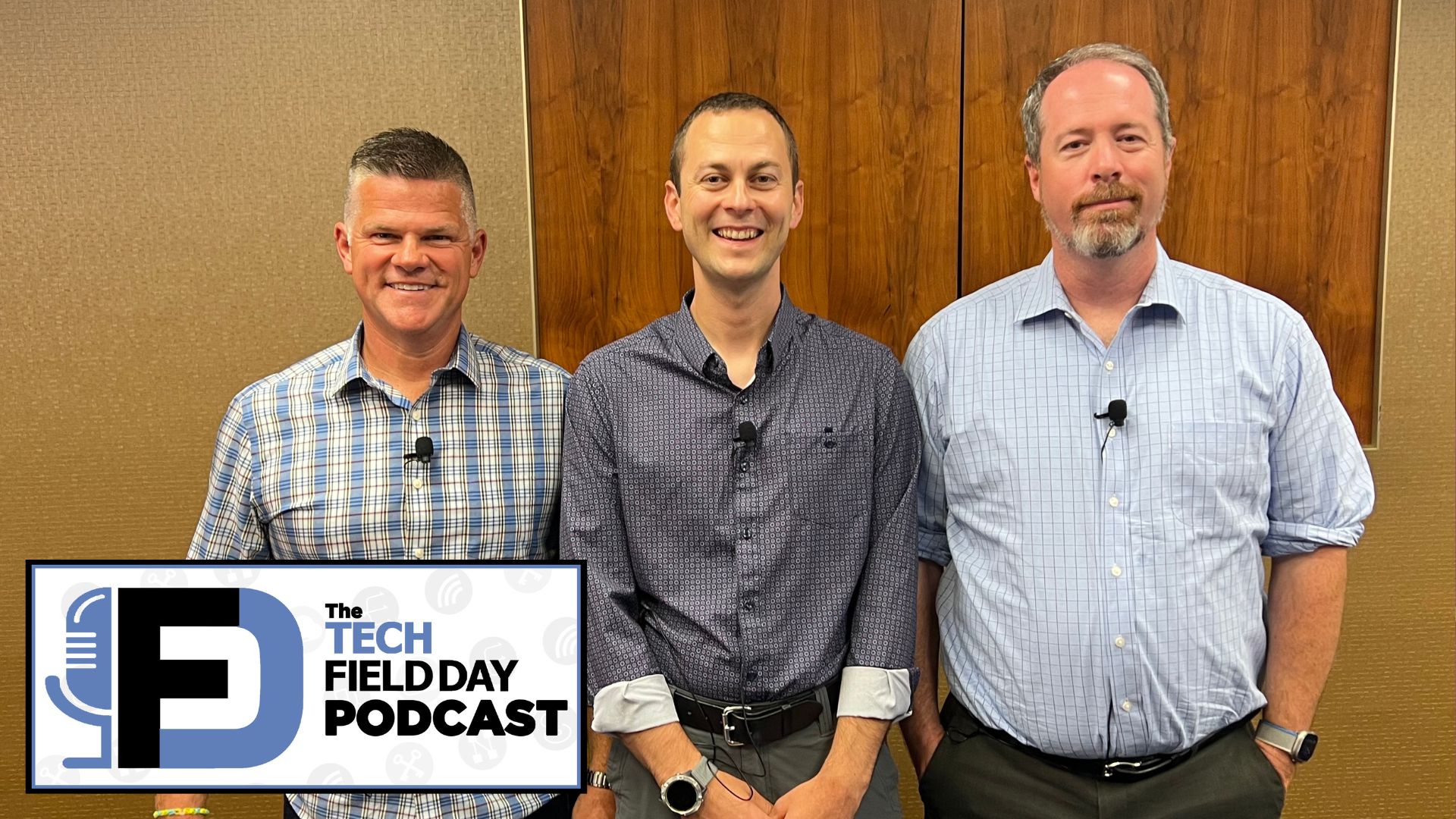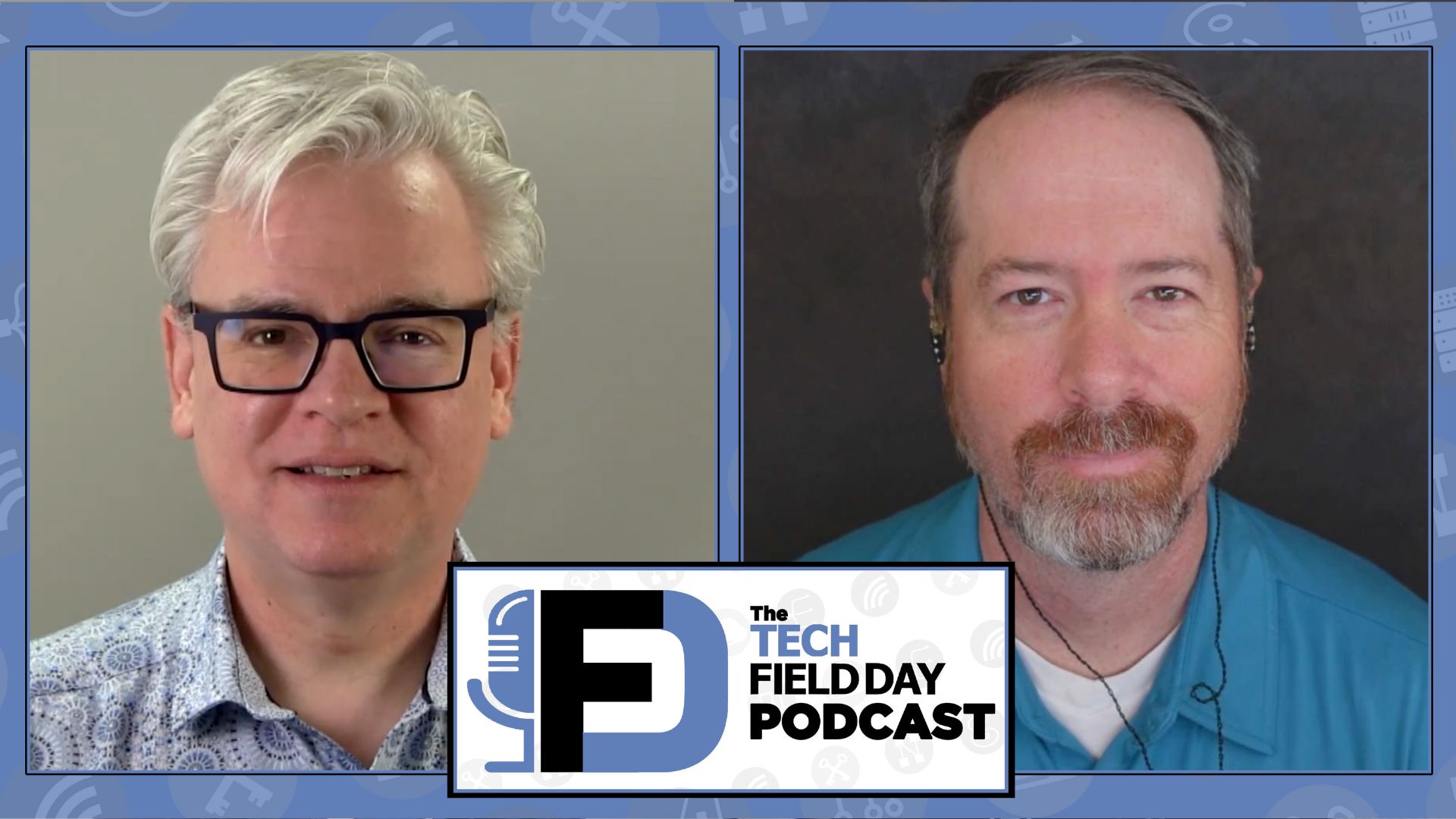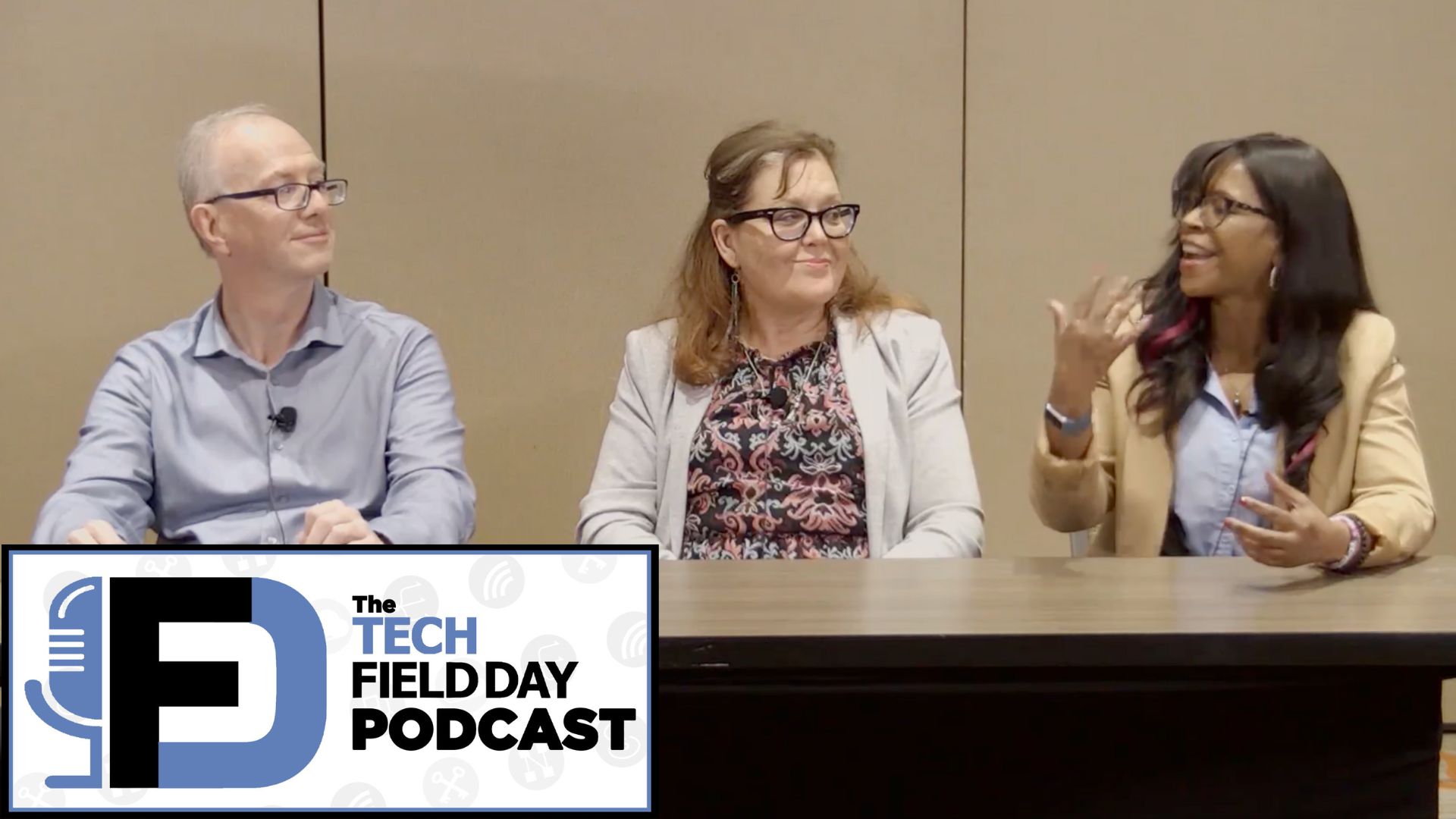The rise of platform engineering demonstrates how difficult it has been to balance DevOps between developers and operations. This episode of the Tech Field Day podcast features a discussion of platform engineering with Mitch Ashley and Mike Vizard of Techstrong Group and Stephen Foskett and Tom Hollingsworth of Gestalt IT. We explore the dynamic interplay between DevOps and platform engineering, two methodologies shaping the modern IT landscape. DevOps fosters a culture of collaboration, continuous integration, and rapid software deployment, promoting agility and innovation. However, the challenges of scalability and standardization within DevOps have given rise to platform engineering, which focuses on creating and managing standardized development and operational platforms. This approach aims to enhance DevOps by providing a stable foundation, allowing developers to concentrate on coding and innovation. We delve into how these seemingly divergent approaches are, in fact, complementary, balancing the need for speed and innovation with the demands of security, compliance, and scalability in the ever-evolving IT industry.
Apple Podcasts | Spotify | Overcast | Amazon Music | YouTube Music | Audio
The collision between IT operations and software development reveals the challenges of achieving efficiency, agility, and innovation. The interplay between DevOps and platform engineering, two approaches integral to the modern IT ecosystem’s growth and transformation, is the heart of the current conflict. DevOps emerged to bridge the gap between development and operations, promoting collaboration, continuous integration, and rapid software delivery. But the challenge of scalability gave rise to platform engineering, a strategic response focused on standardization, improved security, and performance.
Platform engineering can be seen as the revenge of IT operations, addressing the chaos of disparate tools and methods across teams by providing a shared foundation of tools and processes. This standardization reduces friction, enhances security, and improves overall efficiency. Yet, it raises questions about flexibility and innovation. DevOps was initially embraced to move away from rigid, centralized IT practices, and platform engineering’s emphasis on consistency can feel like a step back. Developers worry about losing the freedom to experiment with new tools, potentially stifling innovation.
The friction between DevOps and platform engineering reflects a broader debate within IT about balancing innovation with control. While DevOps champions flexibility, platform engineering emphasizes structured workflows and scalability, aiming to alleviate the drudgery of managing infrastructure and tooling. This allows developers to focus more on coding and innovation. However, it is crucial to maintain a middle ground, where platform engineering does not become the “land of no” but rather supports the “department of yes” by allowing flexibility to adopt new methods and tools.
Platform engineering’s goal is to create a stable environment where developers can thrive without constant interruptions and context switching. By reducing cognitive load and allowing dedicated time for development, platform engineering aims to enhance productivity and creativity. However, this approach must avoid becoming a benevolent dictatorship, recognizing that the best tool for every task is not always possible. Platform engineering runs on consensus, providing a balance between structure and flexibility.
As companies evolve, they must navigate the tension between standardization and innovation, finding ways to integrate new tools without compromising security and performance. The rise of consumable versions of complex platforms, like Salesforce, exemplifies how standardization can coexist with customization, providing a language for how things should be done. Ultimately, platform engineering is about making thoughtful, consensus-driven decisions that support both the organization’s needs and developers’ creativity, ensuring that IT operations and development methodologies continue to advance in harmony.
Podcast Information:
Tom Hollingsworth is a Networking and Security Specialist at Gestalt IT and Event Lead for Tech Field Day. You can connect with Tom on LinkedIn and X/Twitter. Find out more on his blog or on the Tech Field Day website.
Stephen Foskett is the Organizer of the Tech Field Day Event Series, now part of The Futurum Group. Connect with Stephen on LinkedIn or on X/Twitter.
Mitch Ashley is the Principal Analyst and CTO at the Techstrong Group. You can connect with Mitch on LinkedIn and view more of the content he appears on at the Techstrong TV website.
Mike Vizard is the Chief Content Officer at the Techstrong Group. You can connect with Mike on LinkedIn and view more of the content he appears on at the Techstrong TV website.
Thank you for listening to this episode of the Tech Field Day Podcast. If you enjoyed the discussion, please remember to subscribe on YouTube, Apple Podcasts, Spotify, or your favorite podcast application so you don’t miss an episode. Please do give us a rating and a review, it helps with discoverability. This podcast was brought to you by Tech Field Day, home of IT experts from across the enterprise and part of The Futurum Group. For upcoming events and more episodes, head to the Tech Field Day website.




